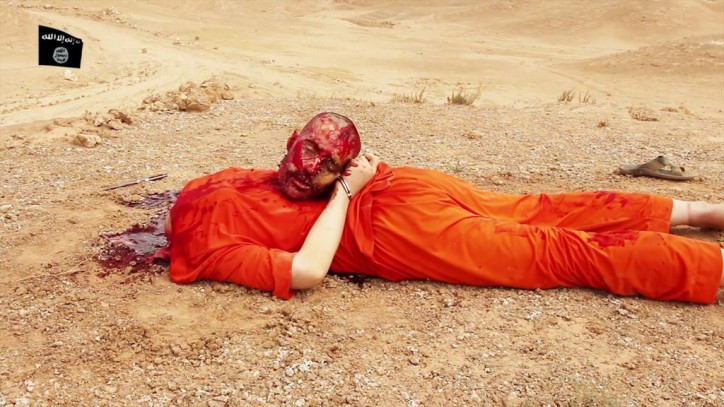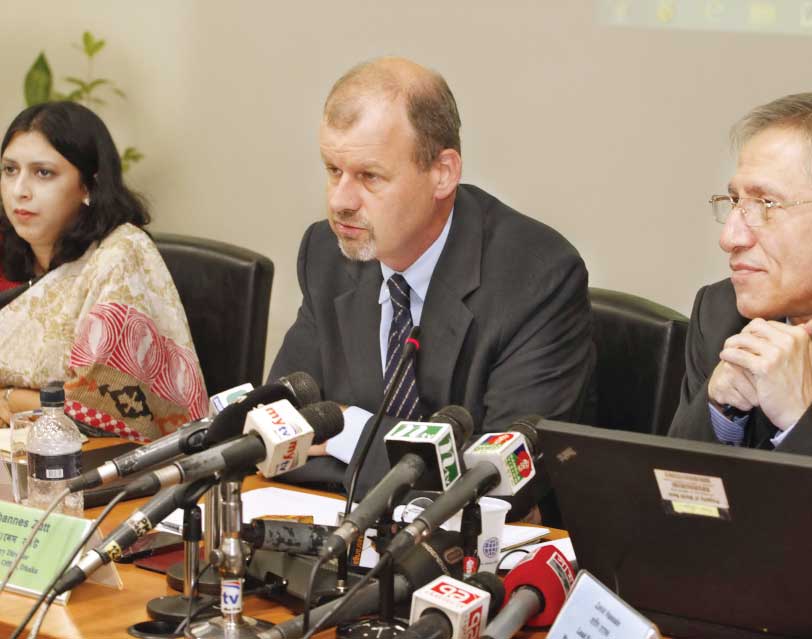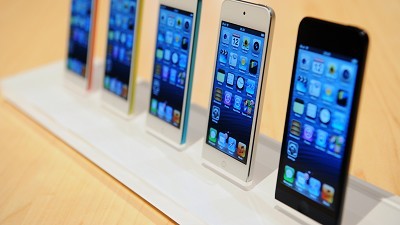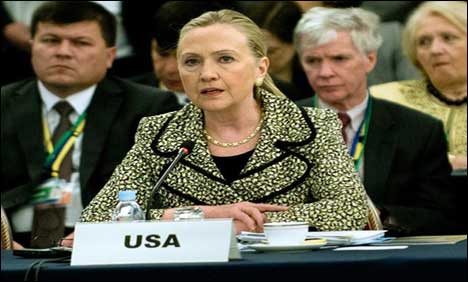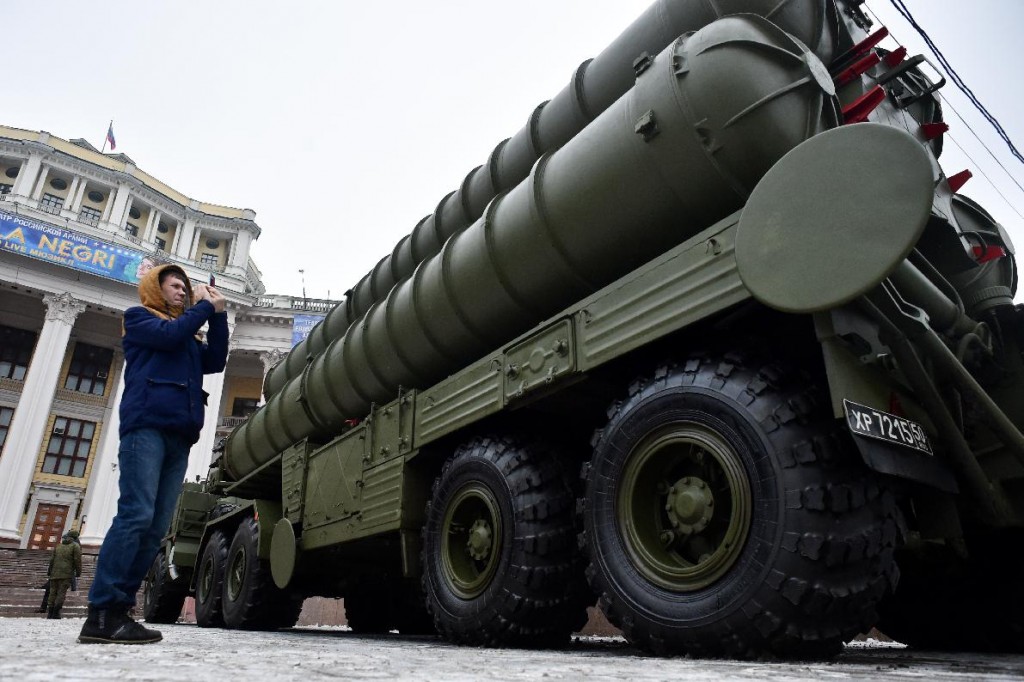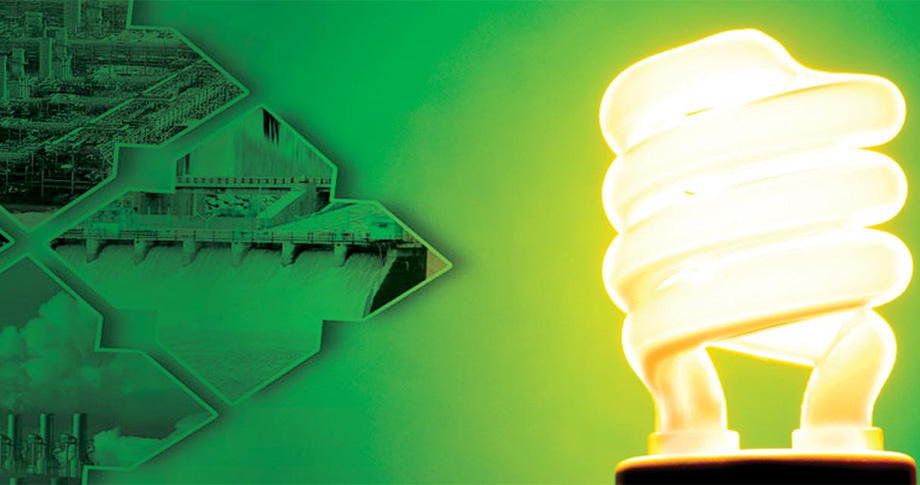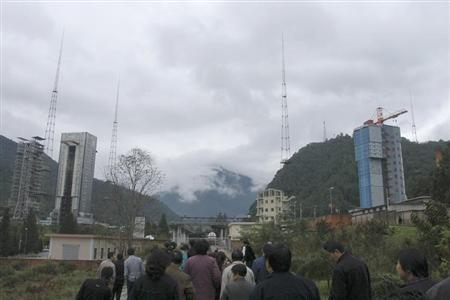
e-News® | The NEWS Company… : MOSCOW, Sept 03, 2014 – NATO has been a bugbear for the Kremlin, a monstrous threat used to keep Russians in line, but Moscow’s nightmare is now coming true as a new Cold War hangs over Europe, analysts say. At a summit in Wales on Thursday and Friday NATO leaders are expected to approve the deployment of thousands of NATO troops and military equipment to Eastern Europe.
That is a major setback for Moscow, which since the end of the Cold War has sought an end of military blocs on the continent, then to keep NATO weak and as far away from its border. Russian policymakers have an almost visceral hate for NATO, feeling that the West reneged on understandings at the end of the Cold War that military blocs would disappear. The bitterness was compounded when NATO expanded into former Moscow-led Warsaw Pact countries in 1999. More joined in 2004, including three Baltic states which had been forcibly incorporated into the Soviet Union.
Now NATO is pushing the limits of its 1997 agreement with Moscow to not create bases and station troops in the new NATO members. The reasons for Russia’s fear of NATO expanding are more “paranoid than military-political”, said Alexander Konovalov, head of the Strategic Analysis Institute, as the military readiness of the alliance has dropped considerably in recent years.
– Bugbear fable –
“For Russia NATO has had a clear and important internal political function — to be a bugbear,” Konovalov told AFP.
“The fable that NATO is tightening its ring around Russia can be used to explain to the population why pensions are not enough to live on in a country drowning in petro-dollars,” said the analyst.
This fear of NATO is just for public consumption, he added, for the leadership it is a means of maintaining power. And then there is the military-industrial complex.
“Our military chief of staff and defence intelligence agency are people who served during the Cold War and have an interest in a confrontation along the lines of the Cold War,” said independent defence analyst Pavel Felgenhauer. “They know how to drum up money for defence, thinking up threats,” he told AFP.
But there are disturbing signs they may have begun to believe in those threats themselves, such as a recent ban on senior officials leaving the country. “That’s paranoia,” said the analyst, who is critical of the Kremlin.
Putin justified the annexation of Crimea in March as a move to prevent NATO from taking over Sevastopol, the home port of its Black Sea Fleet it had been leasing from Kiev, despite NATO having long ago put Ukraine’s effort to join the alliance on ice. – ‘NATO in our backyard’ –
“NATO remains a military alliance, and we are against having a military alliance making itself at home right in our backyard or in our historic territory,” Putin said at the speech marking Crimea’s incorporation into Russia.
“You know, I just can’t imagine us going to Sevastopol to visit NATO sailors. Most of them are fine guys, but better they visit us in Sevastopol than we them.” Analysts say that Russia’s barely covert military intervention in eastern Ukraine, which Moscow vehemently denies, is aimed at keeping Ukraine out of NATO.
The Kremlin “above all wants to make the Ukrainian authorities understand that Russia is right next to them, and that what Ukraine is doing doesn’t change its geographic situation,” said independent analyst Sergei Mikheyev. But by its intervention in Ukraine, much as in Georgia and Moldova where Moscow has also supported breakaway states, “we are have achieved the opposite of our objectives,” said Konovalov. “We are pushing them into NATO,” he said.
Ukraine’s Prime Minister Arseniy Yatsenyuk said last week the government was submitting a bill to parliament to end the country’s non-aligned status. Yet the view from the Kremlin is still that it is NATO that is acting provocatively. In a surprise announcement Moscow said on Tuesday that it would adopt a beefed-up new military doctrine setting the military alliance as a top threat to the country, adding a disconcerting new layer of tensions ahead of the NATO summit. The alliance boosting its military presence along Russia’s borders “is evidence of the desire of US and NATO leaders to continue their policy of aggravating tensions with Russia,” Mikhail Popov, the deputy head of Russia’s National Security Council, told the state RIA-Nostic news agency.
More than troops, Felgenhauer said Moscow is really concerned that a NATO missile shield in Europe could easily be converted into offensive rockets. He compared it to the Soviet concerns of Pershing II missiles in Western Europe in the 1990s. “This isn’t a bogeyman to scare the people,” said Felgenhauer.
AFP







